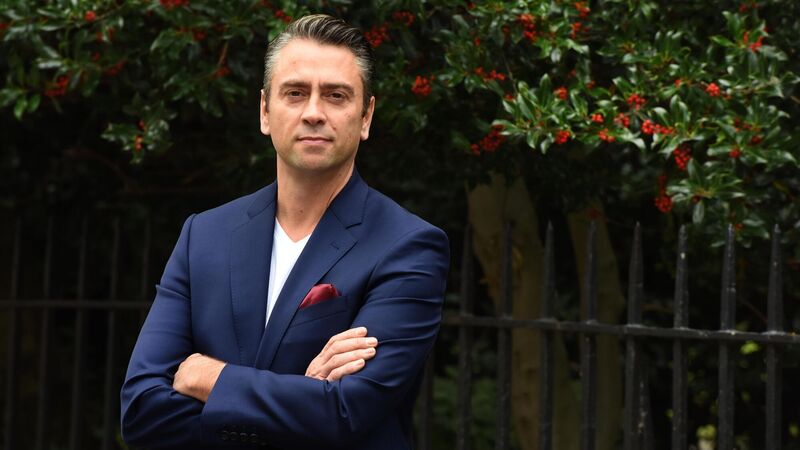Richard Hogan: Now that I'm parenting my own screenager, will all my theories hold up?

Richard Hogan. Photograph Moya Nolan
Try from €1.50 / week
SUBSCRIBEWell, it finally happened. I am now parenting a screenager. Karma has a funny old way of biting you.
For years, I have been offering parents insights on how to build a better relationship with the teenager in the house. I used all my experience working with teenagers both in schools and in my clinic, to devise practical strategies to help ease the tumultuous years of adolescence.
CONNECT WITH US TODAY
Be the first to know the latest news and updates
Newsletter
The best food, health, entertainment and lifestyle content from the Irish Examiner, direct to your inbox.
Newsletter
The best food, health, entertainment and lifestyle content from the Irish Examiner, direct to your inbox.
© Examiner Echo Group Limited